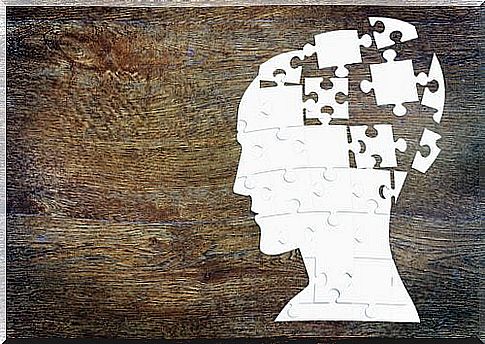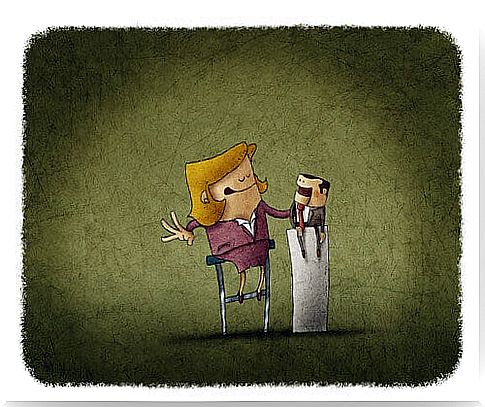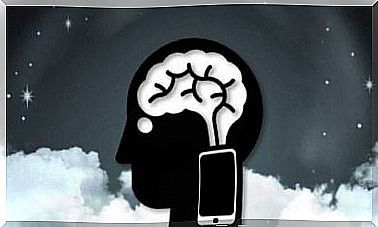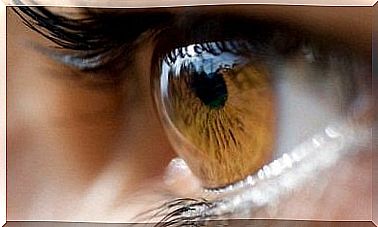The Suggestion: What Power Does It Have Over Us?

After reading a book, watching a movie, hearing a tragic event on the news, you are more likely to be afraid that the same things will happen to us. For example, if we think of a person whose house thieves have entered, we will believe that the chances of the same happening to us are greater than before.
If we see a horror film in which the protagonist is chased by a red car (driven by a killer), how do you think we will react when we realize that there is a red car behind us? It is not a question of imagination, of being pessimistic or exaggerating, but of “suggestion”. In this article we will deal with just this topic.
If we stick to the simple definition that the dictionary offers us, we could say that suggestion is a psychological process by which people are manipulated by a scene, an image, a word or a situation. But let’s find out more about this concept together.

This term was first used in the 19th century, when researchers such as William James argued that suggestion was used in a very narrow sense. This means that the use of this technique was related to expressing one idea to refer to another. And the great speakers took advantage of this!
A few years later, thanks to the masters of hypnosis (including Clark Leonard Hull) the knowledge about this action was expanded. The theory says that a person follows a pattern or instruction depending on what he hears or sees. For this reason, when we hear tragic news, we are likely, over a period of time, to think that the same can happen to us.
What power does suggestion have?
This technique not only serves to scare us, but also to make us say or do something in particular. The mind is extraordinary, positive and negative … and in many cases it does not allow us to act as we would like. The theory of free will defended by the religious does not coincide with the hypothesis of the power of suggestion. In these examples we explain why:
1. It makes us believe we are smarter
At the University of Washington, some researchers administered some pills to a group of people, telling them that they were used to increase their intelligence. In reality, these were “placebo” pills, which certainly did not increase the cognitive abilities of the patients. However, they were more alert and attentive, achieving better results in the tasks that the scholars entrusted to them.

2. It makes us sick
For example, if we lock a person in a room and fill them with smoke (the fake one, which is used at parties) and tell them that it is toxic gas, that person will probably miss the air, think they are dying and will warn them. symptoms of intoxication.
Without going to extreme examples, we could mention another one: when we hear news about the Zika virus, as soon as we see a mosquito we run away and, if it bites us, we can get a fever or pain in the joints, as if it were really an infected insect.
3. It makes us work better
The Hawthorne Effect is one of the best known in the field of suggestion. It is based on the idea that when we are observed differently, we act differently. So employees work better and more effectively when they believe the boss is controlling them.

Various tests were carried out with cameras that did not work (without the “observed” knowing it) and this conclusion was reached. If we believe someone is watching us, we will work better!
4. Change our routine
The power of routine is such that it changes our habits. For example, after hearing a news about a group of thieves attacking people who return home after 22:00, we will try to return home around 21: 00/21: 30.
5. Condemns the innocent
If, before entering a room to recognize a suspect, we hear the phrase “I am sure the thief had a beard”, it is more likely that we will indicate a person who has a beard as the culprit, even if we have not seen it or if until a few minutes before we were sure he didn’t. The suggestion modifies our memories to the point of making us forget what we have lived.
This is not to say that we make decisions based on what others say or that there is someone who can change our opinions. However, it is good to understand the role of suggestion in our daily life and how we can deal with it. Many of the things we believe to be true may only be the figment of our imagination!









